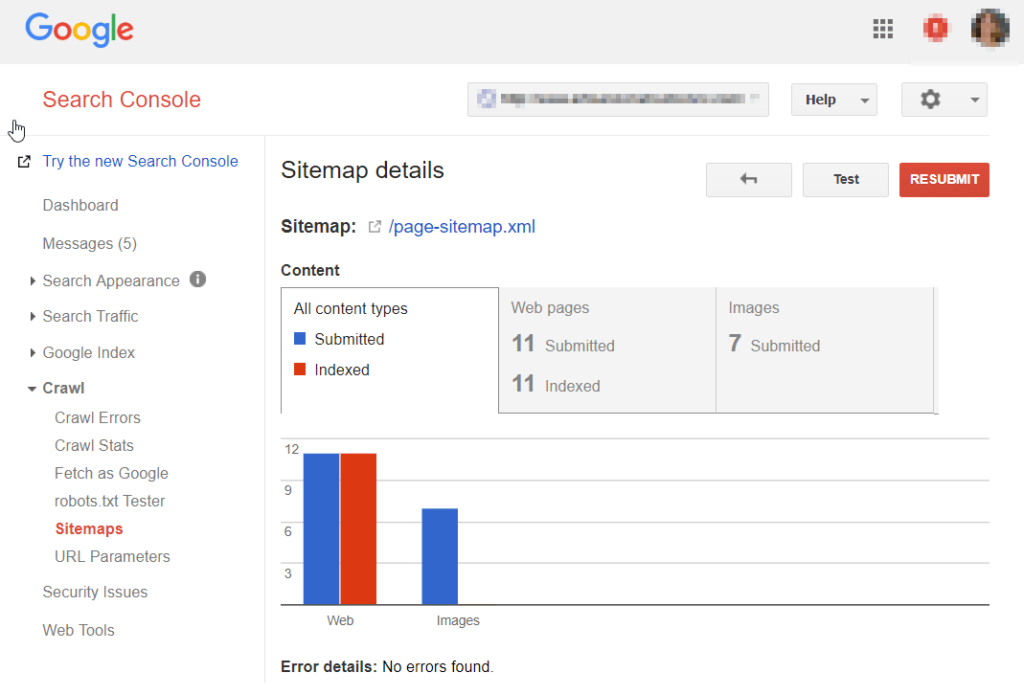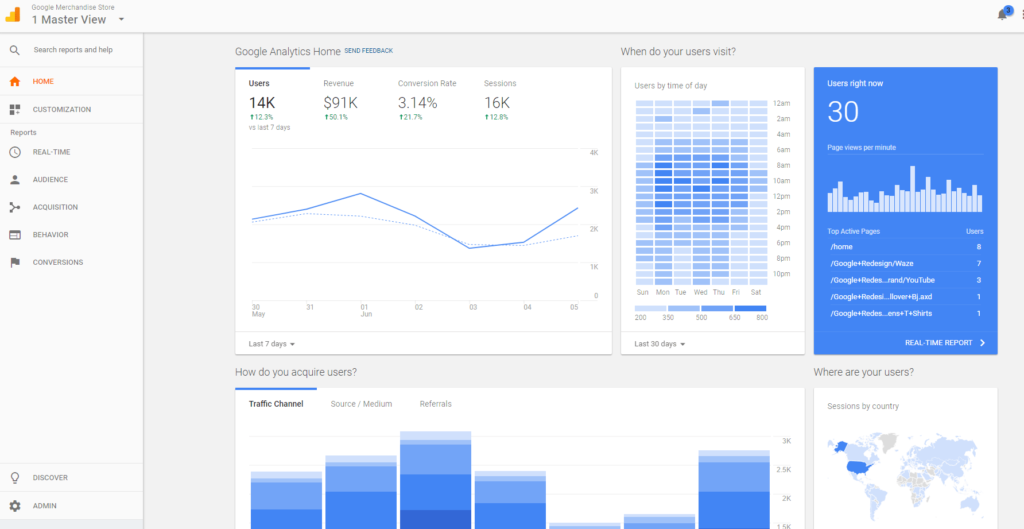Are you looking to boost your SEO strategy and therefore rank your website during the holidays? There are 2 holiday seasons that are significantly different from each other and this shouldn’t be omitted. There are the long Summer holidays (around 1-2 months long in the United Kingdom) and a Christmas holiday at the end of the year. Most will find the Summer holidays to be fairly quiet, while in comparison, the lead up to Christmas will become much busier. Consumers tend to be purchasing more online and events/dates such as Black Friday, Halloween, Guy Fawkes Night can easily become a treasure trove to online businesses.
As you focus on SEO during both holiday periods we will give you some short-term and long-term SEO strategies. SEO, unfortunately, isn’t a short term solution to your problems. While you can’t immediately rank higher you can certainly boost your traffic. More importantly, the long holiday season is a great time for fixing, strategizing and preparing your website for the last quarter of the year.
1. Optimise and update your Google MyBusiness listing
Google MyBusiness is a very important part of the long term SEO strategy. It’s even greater for squeezing the short term juice out of Google.
Update information
You don’t only need an up-to-date listing. The information about your company has to be consistent throughout the web to be trustworthy. Have in mind that Google not only sees your website but also acquires the information from all across the web. Remember to have the same information especially on: Google MyBusiness, your website, social media, company listings, and other third-party websites.
Write posts
Don’t forget about the posts section on your company profile. Update your content with articles with relevant keywords to your business category and location. Also, make use out of popular and trending topics. Stay fresh and relevant. React immediately to the topics in pop culture as well as in your industry. Link them together. Be creative. You can see what people are currently talking about and searching on Google by using Google Trends.
Add images
Add the most recent images of your business. Show some authenticity and quality!
Respond to reviews
Respond to the reviews. Find some time for connecting directly with your customers. Don’t leave it on the table. Show that you care. Also, don’t forget about the bad reviews! Once again, be creative.
2. Holiday content
If you are an ecommerce or SaaS company it’s a good chance that you make most of your money during the holiday period. There are many holidays during the year and you should be making use of almost all of them. Here is a shortlist of all major bank holidays in 2019:
26 August: Summer bank holiday
25 December: Christmas Day
26 December: Boxing Day
27 May: Spring bank holiday
6 May: Early May bank holiday
22 April: Easter Monday
19 April: Good Friday
1 January: New Year’s Day
Here is a list of lesser-known days in the UK that you should be considering when writing your content:
5 Feb: Chinese New Year
14 Feb: Valentine’s Day
1 Mar: St. David’s Day
20 Mar: March Equinox
31 Mar: Mothering Sunday
19 Apr: Good Friday
21 Apr: Easter Sunday
23 Apr: Shakespeare Day
29 Apr: St. George’s Day
8 Jun: Queen’s Birthday
16 Jun: Father’s Day
21 Jun: June Solstice
22 Jun: Windrush Day
23 Sep: September Equinox
27 Oct: Diwali/Deepavali
31 Oct: Halloween
5 Nov: Guy Fawkes Day
10 Nov: Remembrance Sunday
1 Dec: First Sunday of Advent
22 Dec: December Solstice
24 Dec: Christmas Eve
31 Dec: New Year’s Eve
Save it and don’t lose it. If you run out of content ideas you can always go back to this list. I bet you’ve already got a few ideas just by looking at this list. Copy the text above to some Notepad or app or save the link to this article.
3. Focus on long-tail keywords
While trying to rank for more time restricting, broad keywords in the meantime you can try to nail down your keywords so they are laser-sharp! This is the part of SEO strategy that many companies fail at.
Why you should care about long-tail keywords?
Because they can drive tons of high converting traffic to your website when done right!
It’s an indispensable part of your SEO strategy for holidays.
A long-tail keyword is a keyword that contains 3+ words and is ultra-specific. It targets more niche markets rather than mass audiences.
4. Optimise content
Optimise your existing content. Why would you try to rank a new article for new keywords and compete in the search engine again if you can recover your previous holiday efforts and get even more juice from Google?
If you have a yearly tradition for a holiday contest you can leverage the authority generated the previous year every new year to expand the reach of the contest.
You can recover a fair amount of this authority by putting the page back up at the same URL, reusing the previous content, and updating it for the new season. Any links from external sites that still point to the page will once again send SEO authority to the revamped page, and any data Google had on the page suggesting that it was a good fit will still be in use by the search engine.
When the holidays are over you can hide the page until the next year. It’s better for your SEO strategy that you hide those links from discovery once the promotion ends. If someone accidentally bumps into the page however you can say that the contest is not going to be available until next year.
5. Update XML sitemap
If you want the content to be indexed faster by a search engine you need to update your XML sitemap. Google will find your content eventually but if you are time restricted you can do this manually. It’s good to do that even if you haven’t posted any content recently. Many websites surprisingly don’t have it right.

An XML sitemap will speed up the process of indexing your website a bit more because Google Search Console tells the crawler exactly where to look for the most important pages on the website and even ranks them in priority order (if you choose).
6. Watch the metrics

You should be always looking at your metrics regardless of whether you update your content daily or once a month. Whether you post on social media or not. Knowing your site from the ground up and how it performs should be your priority. By monitoring your traffic you can measure the success of your content marketing efforts. You can see how your search marketing, social media marketing, and content marketing impacts your business. You can see what matters to your company and where you should focus your strategy on.
“If you can’t measure it you can’t prove it”, they use to say.
Check your Google Analytics regularly and maximise your efforts to boost your SEO strategy.
It’s not an accident that we rank on the 1st page of Google for web design London.
PS. I think you will be interested in our other article called “How To Increase Conversion Rates By Monitoring Your Users”. 🙂
SEO Strategy Conclusion
Even this late into the season, it’s not too late to invest in SEO strategy for holidays. Updating the keywords on your pages with seasonal phrases can still help boost traffic in the short term while launching holiday-related contests can help you build long-term brand authority.
Even capitalizing on previous holiday efforts that have been abandoned can help you recoup existing authority and take advantage of it right now.
Contact us today to see how we can help you!




